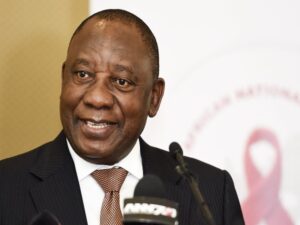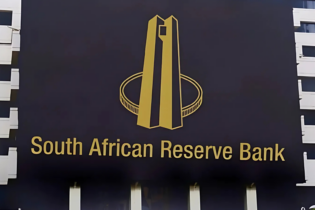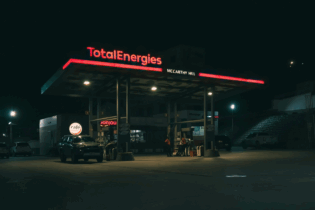President Cyril Ramaphosa has officially signed the Electricity Regulation Amendment (ERA) Act into law, marking a significant step toward establishing a fully independent Transmission System Operator (TSO) within the next five years.
This legislative change comes after the ERA Bill received approval from lawmakers before the May 29 elections. The President’s assent on August 16, however, has raised some concerns regarding the constitutionality of certain provisions that might affect municipal authority over electricity distribution. Despite these concerns, the reforms introduced by the Act, which amends the 2006 Electricity Regulation Act, have received broad support from various stakeholders, including organized business groups. These stakeholders argue that the legislative changes are crucial to creating a level playing field between Eskom and independent power producers, while also aligning the electricity supply industry with the ongoing energy transition. One of the key aspects of the new Act is the establishment of a State-owned TSO, which must operate as an independent entity within five years. The Act also mandates the development of a market code that will set rules for a future competitive market and outlines the approval process for this code. Additionally, it introduces market operation as a new activity that can be licensed by the National Energy Regulator of South Africa (Nersa). To promote fair competition among electricity generators, the Act stipulates that the system operator must not discriminate between different generators or customers in system dispatching or balancing, except for reasons that are objectively justifiable and approved by the regulator. Furthermore, access to the transmission and distribution power system must be transparent, objective, and non-discriminatory, as emphasized by the Presidency in a statement confirming the signing of the ERA.In the interim, the National Transmission Company of South Africa, which began operating as a separate Eskom Holdings subsidiary on July 1, will serve as the TSO. The legislation also addresses economic regulation, distinguishing between tariffs that must be set or approved by the regulator, such as network charges, and those determined through direct supply agreements or competitive market outcomes.
Nersa is also required to ensure that an efficient licensee can recover the full cost of the licensed activity, with a reasonable return. The Act may also provide incentives for the continued improvement of technical and economic efficiency. According to a statement from the Presidency, the new Act is essential to address the current challenges in the electricity sector, while also paving the way for increased competition, greater investment, and the establishment of an independent transmission company. “These changes are aligned with broader reforms guided by the Energy Action Plan and the Eskom Roadmap, which aim to modernize and transform South Africa’s electricity system, end loadshedding, and ensure long-term energy security,” the statement said. The legislation also includes provisions for penalties related to damage and sabotage of electricity infrastructure. Penalties for such offenses include fines of up to R1 million or five years in prison – or both – for damaging, removing, or destroying transmission, distribution, or reticulation cables, equipment, or infrastructure. Additionally, those who unlawfully receive such cables, equipment, or infrastructure could face fines of up to R5 million or 10 years in prison, or both.






